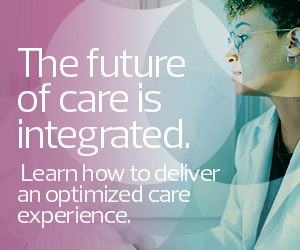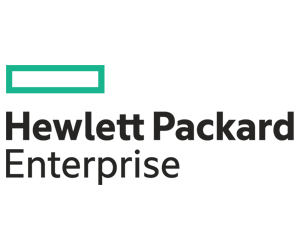Storage Solutions to Meet the Fast Growth of Healthcare Data
Alletra systems address the latency needs and availability demands of large-scale EHR management systems, offer a high level of resiliency against time-correlated errors and run with multiple compression algorithms that compress data depending on resource use.
Ceasar Espino, healthcare solution architect at HPE, notes that there are regulatory practices around how long the data needs to be kept.
“Organizations generally just don’t delete their data; they keep it around forever because of those regulations,” he says.
He notes that the data volumes healthcare organizations require are also growing as the sheer size of image files get bigger. Performance needs require availability at all times.
READ MORE: How application optimization can improve healthcare.
“We are seeing exponential growth in data nowadays as well,” he says. “That relates to the amount of data that’s getting ingested into both the EHR and the picture archiving and communication system. It’s growing in all areas.”
Banzi says that one of the hallmarks of the Alletra system is its artificial intelligence technology.
“The Alletra is self-optimizing and self-healing, with an AI layer that allows our healthcare customers to focus on their daily tasks rather than the array itself,” he says. “It’s easily optimized as they add capacity, add more applications or have additional performance needs. It is very easy to scale for capacity and for performance.”
If a healthcare organization must increase Alletra performance, it can scale up the controller so that there are more than two controllers on the solution.
“Four-node controllers in the Alletra 9000 are a great way to maximize performance for some of those Epic environments or for organizations that need an application performance boost there,” Banzi says.
Click the banner to discover how health IT solutions can help create an integrated care experience.













